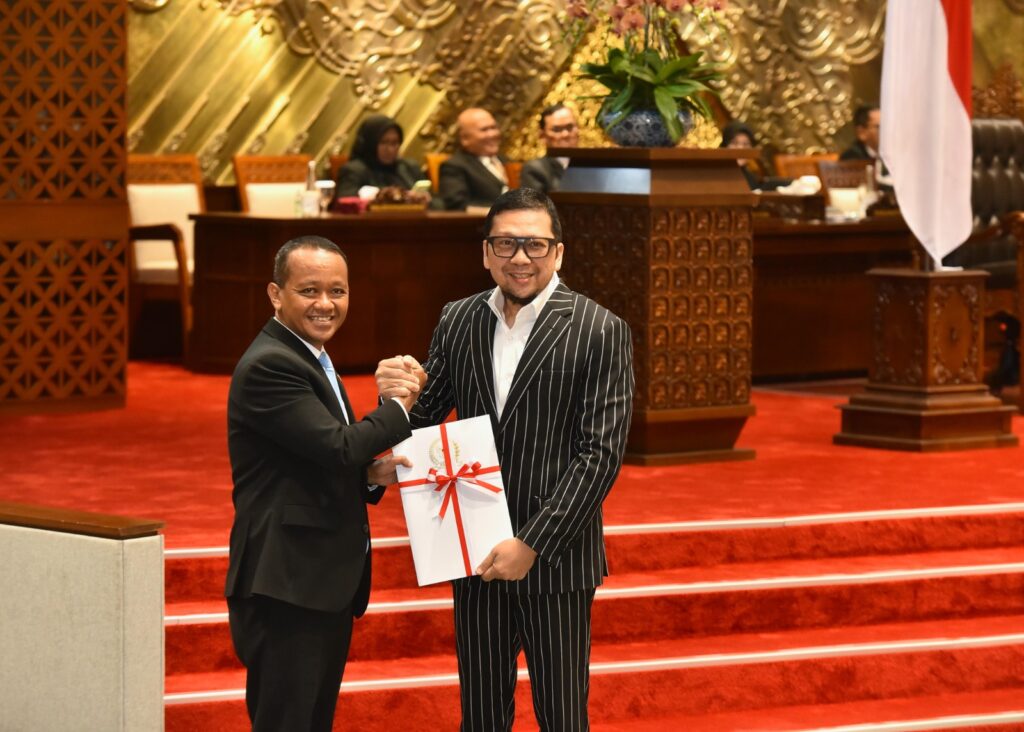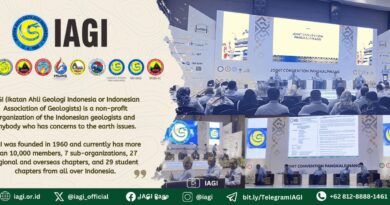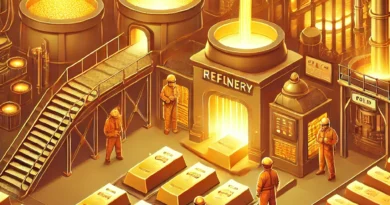Mining Law Revised: Access for More Groups
The House of Representatives (DPR) officially passed the Fourth Amendment to Law No. 4 of 2009 on Mineral and Coal Mining (UU Minerba) during a plenary session on Tuesday (February 18, 2025). This revision aims to enhance domestic mineral processing and broaden participation in the mining sector.
The revised Mining Law introduces expanded opportunities for religious organizations and small to medium-sized enterprises (SMEs) to obtain mining business permits (IUP). This move aligns with the government’s objective to reform mineral and coal mining governance, ensuring ore supply security for domestic industries.
While the amendment initially proposed granting universities direct access to manage mining operations, this provision was removed before enactment.

Instead, universities will receive a portion of profits from mining activities managed by state-owned or private enterprises to support research and scholarships.
“With this law, opportunities for religious organizations are no longer restricted to PKP2B areas. Now, they are open beyond those zones. Previously, under government regulations (PP), this was limited to ex-PKP2B areas,” Minister of Energy and Mineral Resources (ESDM), Bahlil Lahadalia, said after the plenary session.
He argued that the intention is to optimize the use of untapped natural resources.
Bahlil said that the revised mining law aligns with Article 33 of the 1945 Constitution, mandating equitable and wise utilization of natural resources.
He said that so far, the management of minerals and coal has been dominated by large businesses, with the same players benefiting repeatedly. Now, SMEs (small and medium scale businesses) and cooperatives can obtain IUPs with priority status, meaning they won’t have to rely solely on the bidding process.
Under the revised law, the granting of mining permits to religious organizations is no longer confined to areas covered by former coal mining concession agreements (PKP2B).
Bahlil noted that the government would soon draft technical regulations and define criteria for priority IUP recipients in the form of a Ministerial Regulation (Permen), following the issuance of a Government Regulation (PP) as a derivative of the new Minerba Law.
“There will be specific criteria. This is just the law; the details will be outlined later. After the law, a Government Regulation will follow, followed by a Ministerial Regulation. The criteria and technical aspects will be detailed in these regulations,” he explained.
The Ministry of Energy and Mineral Resources (ESDM) noted several key changes and additions to the Minerba Law:
- Follow-up to the Constitutional Court Decision mandating adjustments related to the interpretation of spatial guarantees and contract extensions.
- The designated Mining Business License Area (WIUP), Special Mining Business License Area (WIUPK), or People’s Mining Area (WPR) serves as the basis for spatial planning and zoning, ensuring no changes for businesses with existing Mining Business Licenses (IUP), Special Mining Business Licenses (IUPK), or People’s Mining Permits (IPR).
- Prioritizing domestic coal needs before allowing exports (Domestic Market Obligation/DMO).
- WIUP for metal minerals or coal is granted to cooperatives, small and medium enterprises, and entities owned by religious community organizations that carry out economic functions through priority.
- Providing funding for universities from a portion of the profits from WIUP and WIUPK managed with priority by state-owned enterprises, regional-owned enterprises, or private entities to enhance independence, educational services, and university excellence.
- In the context of downstreaming and industrialization, WIUP/WIUPK is granted with priority to state-owned enterprises or private entities to increase added value within the country.
- The government can assign state research institutions, regional research institutions, state-owned enterprises, regional-owned enterprises, and private entities to conduct investigations and research and/or project development activities in designated areas.
- Providing business licensing services for mineral and coal mining through the Online Single Submission (OSS) system.
- Requiring environmental audits as a condition for extending Contract of Work/Coal Mining Concession Agreement (PKP2B) which will be extended to IUPK as a continuation of Contract/Agreement Operations.
- Returning overlapping land in part or all of the WIUP to the state.
- Enhancing commitment to community development and empowerment and emphasizing protection related to the rights of communities and/or indigenous peoples.
- Providing the Government with a maximum of 6 (six) months to complete the implementing regulations of the Law.

